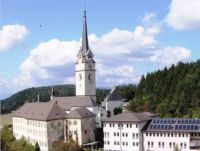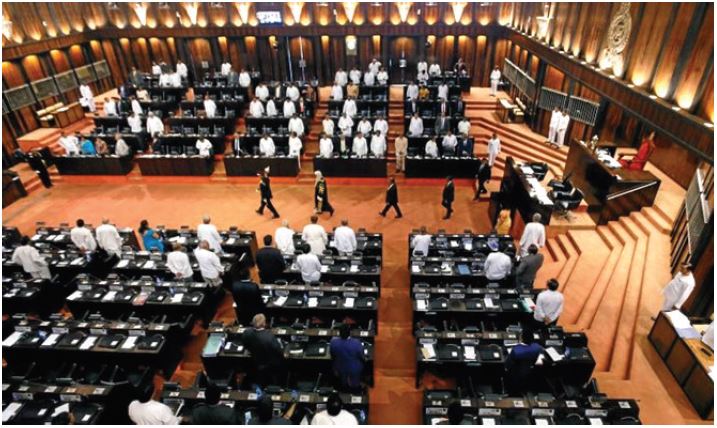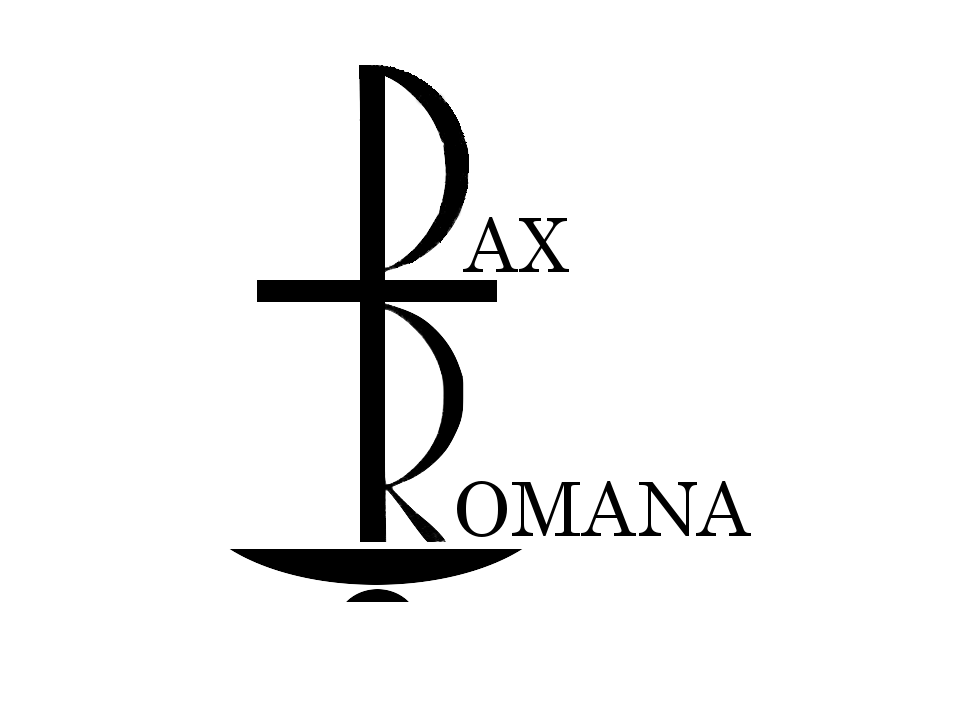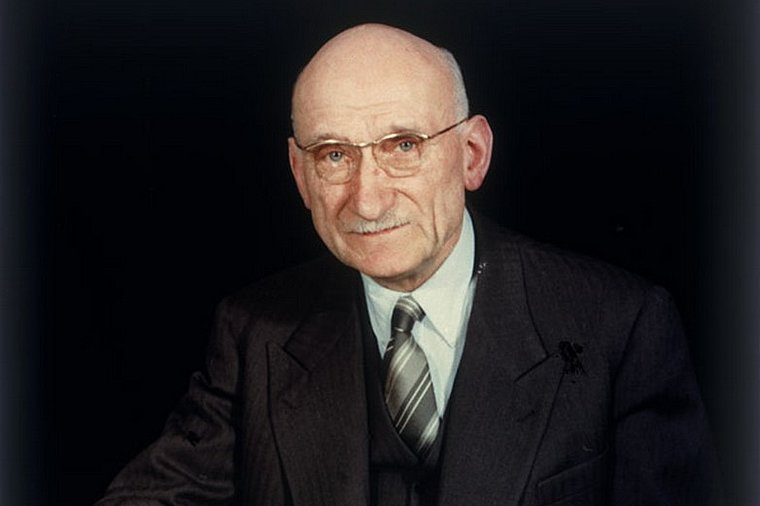The international Tainach Summer Conference 2018 of the Catholic Academics Association and the Catholic Education Centre Sodalitas on the topic “Thinking about a Europe of the future” started on Saturday evening with a brainstorming session of around 30 participants from Slovenia, Slovakia, Ukraine and Austria.
Based on the concern of the founding fathers, Robert Schuman, Konrad Adenauer and Alcide de Gasperi, to counter the increasingly horrific wars in Europe with a peace concept, it was found that today more and more national interests are pushing the original goals into the background. Today we live in a Europe that has changed considerably over the last 30 years, particularly as a result of the dissolution of the USSR’s sphere of influence. For party-political reasons, EU-critical resentments are promoted in election campaigns, which has led to the success of Eurosceptic parties throughout Europe.
On Sunday, the educational scientist Peter Stöger (Innsbruck) spoke about the development of Europe and thus continued the remarks raised in the brainstorming of the participants. He emphasised that in view of the millennia of contradictory developments towards today’s still incomplete European Union and the painful experiences that the people of the continent had to make, a basis for understanding future European identity can only be found in unconditional dialogue.
Stöger sees the understanding of a concept of home in all its colourfulness as central to this. “This colourfulness knows that Europe is more than the EU, more than the euro, that Europe reaches as far as the Urals, knows that the centre of Europe lies in the Carpatho-Ukraine.
“From the small fan community of the village football club, from the parish café, to the like community on the Internet, to a Europe on a large scale. Too big for many, too burdensome, too confusing, too bureaucratized, especially too abstract, despite Interrail, Erasmus and European fit. The name Europe comes from Europé. She is the “far-sighted one”. Stöger stressed that the name-giving Europe was in the process of “exchanging its farsightedness for extreme short-sightedness.
Stöger said critically: “A Europe that is only economically conceived by transporting Polish beef to Sicily via the Brenner Pass under appalling conditions, such a Europe has lost every, even every sense and is only a community of convenience for increasing profits, even if there is no lack of voices that may clothe such actions in economically sound words of a common market”. Not that the cultural moments are missing, but they must be given greater weight in a Europe of the future.
The Ukrainian university lecturer Jaroslav Lopushansky illustrated Stöger’s remarks about the geographical centre of Europe with a quote by the important poet Johann Gottfried Herder, which is largely unknown to us. At that time 230 years ago, Greece was something of a place of longing for the German Classicists. Herder pondered that Ukraine could once be the “New Greece”.
Lopushansky, who teaches in the Ukrainian university town of Drohobych and manages the Austrian Library donated by the Austrian Foreign Ministry, gave an impressive overview of the situation of the current Ukraine with all its economic difficulties and pressing social problems, fed by his personal experience. Despite the warlike conditions in the east of the country and the Russian annexation of Crimea, he did not draw a doomsday scenario, but saw quite small progress in the development of the country since the collapse of the Soviet Union – certainly still light years away from being the “new Greece” of Johann Gottfried Herder. His summary: “In 20 years the youth will put Ukraine’s future on new tracks”. His hope that the European tracks will be. A strong Europe of the future, which can assert itself in the globalised world, needs the potential of Ukraine.
Another literary highlight was the presentation of the book “Heimkehr” by university lecturer Lopushansky on Sunday evening. This comprehensive (500 pages) anthology of the rich literary output of the regions of Galicia and Bucovina, edited by him and published by the Österreich-Bibliothek and the Staatliche Pädagogische Ivan-Franko Universität Drohobych, is virtually a who is who of Austrian and German literature of the 19th and 20th centuries. In addition to the eponym of the University Ivan Franko, examples of 24 other authors are gathered in the 2nd edition published in 2016. Among them are well-known names such as Martin Buber and Joseph Roth, Paul Celan, Rosa Ausländer and Manes Sperber, who at times were closely associated with Ingeborg Bachmann.
The current Carinthian diocesan administrator Engelbert Guggenberger took up the topic of the summer conference in his sermon and said that the EU was conceived as a peace project, a place of solidarity, because Europe had had painful experiences in the first half of the 20th century. We must continue the vision and work to ensure that Europe remains a haven of civil and human rights. Guggenberger also pointed out: “The call to banish religion from the public is strongest in Europe. He sees this as an exaggerated criticism coming from the Enlightenment, because for man the answers of religions are indispensable.





Leave A Comment
You must be logged in to post a comment.